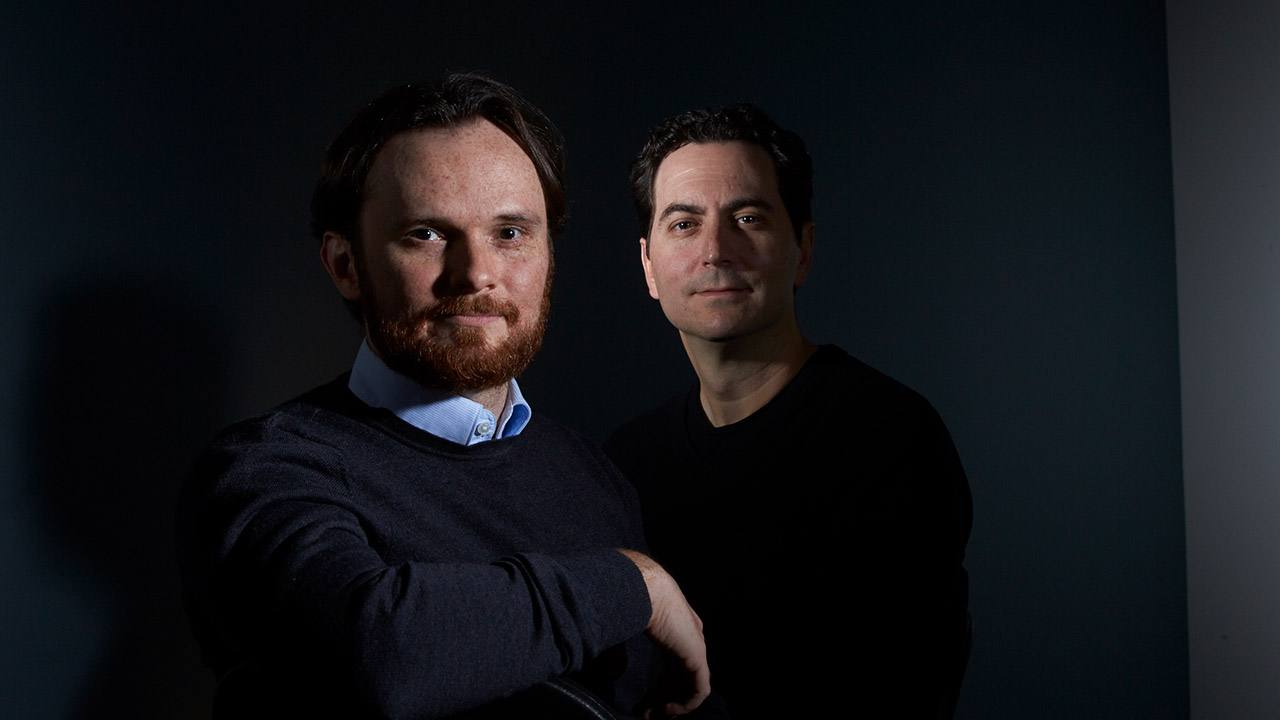Focused ultrasound successful in phase one of world-first trial to treat ALS: study
In a world-first trial, a team of Sunnybrook Research Institute (SRI) scientists has shown it is feasible and safe to open the blood-brain barrier using focused ultrasound in people with amyotrophic lateral sclerosis (ALS). Further, the group showed that the blood-brain barrier appropriately closes following the event and that there were no serious adverse effects to those in the trial.
The blood-brain barrier is a tight cluster of cells that protects our brains from dangerous substances, but also denies potential therapies access. The group’s success marks a massive leap toward potentially treating ALS patients with focused ultrasound.
Affecting about 3,000 Canadians per year, ALS is a fatal motor neuron disease for which there is no cure. Available interventions only moderately slow the progression. For people with the disease, their brains lose the ability to communicate with their muscles, eventually rendering them paralyzed. People become unable to walk, talk, eat, swallow and breathe.
Focused ultrasound, in which SRI is a leader, is a noninvasive technology that uses sound waves to make a biological change in tissue. To treat ALS patients in this study, SRI scientists targeted a region of the brain using low-frequency ultrasound beams. Tiny gas particles called microbubbles were injected into the bloodstream, and as they interacted with the beams, they jiggled open the blood-brain barrier.
The team, which includes Drs. Agessandro Abrahao, Isabelle Aubert, Sandra Black, Clement Hamani, Chinthaka Heyn, Kullervo Hynynen, Nir Lipsman and Lorne Zinman, all SRI scientists, found that the blood-brain barrier returned to its normal, protective state after the procedure. Critically, subjects experienced no harm.
Within a few months, the researchers aim to embark on the next phase of the trial, which will entail delivering drugs to ALS patients and monitoring the effects.
The results of the trial were published in Nature Communications.



